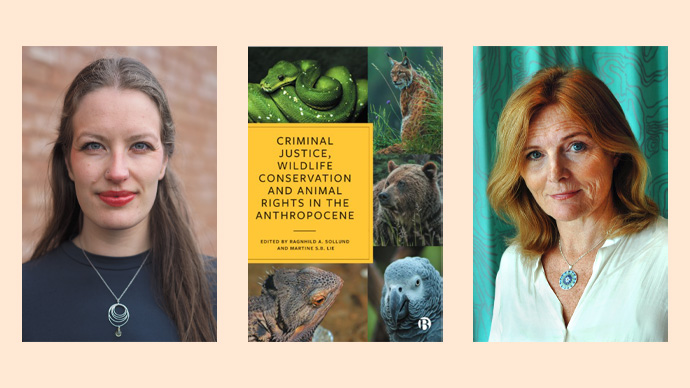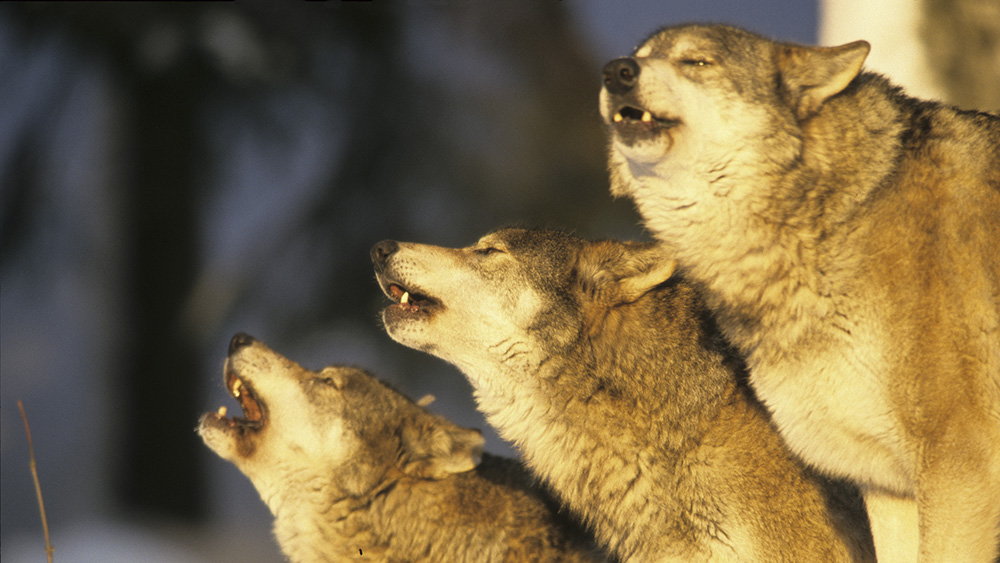Criminal Justice, Wildlife Conservation and Animal Rights in the Anthropocene, (CRIMEANTHROP) is an international project composed of a research team from Norway, the UK, Spain, Germany and the US.
The goal of the project was to study the protection of wildlife in Europe through designated case studies in Norway, the UK, Spain and Germany. Two nature conventions have been central in this research, CITES (which regulates the trade in endangered species of wild fauna and flora) and the Bern convention, which protects wildlife and their habitats. Through qualitative research, the project assesses whether the two conventions are truly efficient in protecting wildlife from extinction.
The case study countries have different political and geographical features, and different challenges in terms om rewilding and wildlife trade. Yet they share similar problems concerning the implementation and enforcement of CITES and the Bern convention.
In the conference we will share our results. For example: What is the underlying foundation of the conventions? How do the countries comply with the conventions? Do they provide wildlife with rights? How do the law enforcement agencies deal with wildlife trafficking?
Registration
Registration is now closed. For inquiries, please contact Elisabeth Neuhaus.
The event will be live streamed here: Follow on Zoom
Program
|
10.45 |
Mingling with refreshments |
| 11.00 |
Professor Ragnhild Sollund: Introducing the research project Criminal Justice, Wildlife Conservation and Animal Rights in the Anthropocene (CRIMEANTHROP) |
| 11.20 | Questions and comments |
| 11.30 |
Professor Christoph Stefes: Bureaucratic obstacles to wildlife protection: the case of Germany Despite its legal commitments to protect endangered species, Germany’s enforcement structure resembles a patchwork, allowing wildlife crimes to go undetected in Germany’s largest federal states. However, some states are doing better than others. Germany thereby offers a natural laboratory to analyze best- and worst-case structures and practices. |
| 11.50 |
Questions and comments |
| 12.00 | Break |
| 12.15 |
Professor Teresa Fajardo del Castillo: The Bern Convention and CITES in Spain: challenges of wildlife protection in international environmental law Spain's implementation of two key nature conservation conventions shows the strengths and weaknesses of an international regulatory framework whose success ultimately depends on states adopting national compliance measures and properly implementing them in a way that ensures adequate conservation status of species. |
| 12.35 |
Questions and comments |
| 12.45 | Lunch break and mingling |
| 13.30 |
Research fellow Martine Lie: Accidental poaching: Illegal hunting of predators in Norway Illegal hunts pose a serious threat to the large predators’ survival in Norway. This presentation includes a typology of such hunts and elaborates on the causes and characteristics of spontaneous, unplanned killings of wolves and bears. The impact of legal hunts on such offenses will also be discussed. |
| 13.50 |
Questions and comments |
| 14.05 |
Professor Ragnhild Sollund: CITES enforcement in Norway– a matter of rules, life and death This is a presentation of a longitudinal approach to the implementation of CITES in Norway, which assesses the character of breaches of CITES and law enforcement of wildlife trafficking in Norway. |
| 14.25 |
Questions and comments |
| 14.35 |
Break |
| 14.50 |
Advisory board, Professor Nigel South: Challenges for biodiversity conservation: The messages of CITES and the Bern Convention This presentation considers contemporary challenges facing biodiversity conservation before reflecting on the findings of CRIMEANTHROP. |
| 15.10 |
Book launch: Criminal justice, wildlife conservation and animal rights in the Anthropocene Roundtable talk with Karoline Andaur, WWF, wildlife film producer and photographer Arne Nævra, associate professor Daan van Uhm (Utrecht University) and the editors. Refreshments will be served. |

Martine S.B. Lie. Book cover: Bristol University Press. Photos: UiO.
Financing
Criminal Justice, Wildlife Conservation and Animal Rights in the Anthropocene, (CRIMEANTHROP) a research project funded by the FRIPRO program of the Research Council Norway. Project number: 289285.
